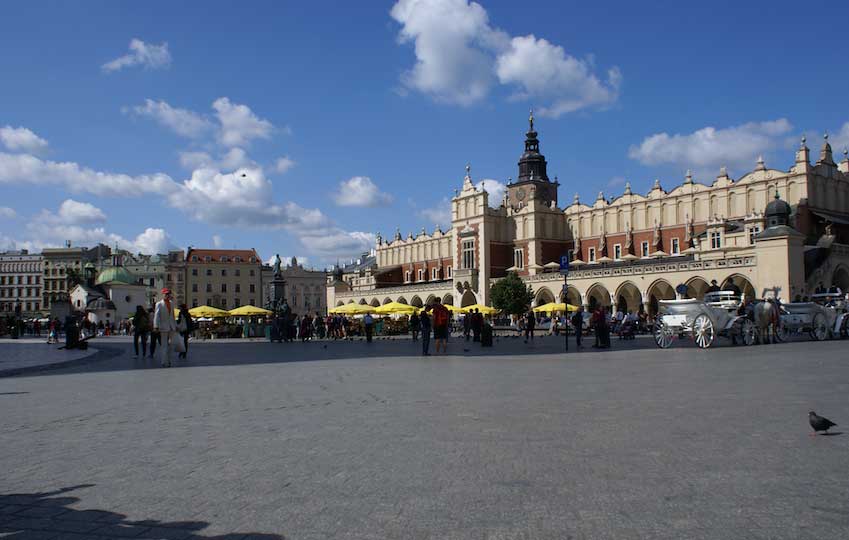May 1 2004. Ten nations including eight former eastern european nations became part of the Common market. While the growth of the Common market had been larger in 1973 this growth pushed borders of the Common Market far to the east and brought the membership of the commond market to 25 nations.
On May 1, 2004, ten countries, including eight from Eastern Europe, officially joined the European Union's Common Market, also known as the European Single Market. This enlargement extended the market's borders eastward and increased the total membership to 25 nations.
The ten countries that joined the Common Market in 2004 were Cyprus, the Czech Republic, Estonia, Hungary, Latvia, Lithuania, Malta, Poland, Slovakia, and Slovenia. Eight of these nations were former Eastern European countries that had transitioned to market economies. The inclusion of these countries in the Common Market represented a new phase of integration in Europe.
The European Union (EU) engaged in years of negotiations with the candidate countries to ensure they met the necessary political, economic, and legislative criteria for membership, known as the Copenhagen Criteria. The enlargement process aimed to promote economic growth, regional stability, and the spread of democratic values.
The expansion of the Common Market in 2004 increased the size of the European market, creating opportunities for trade, investment, and economic growth. The enlargement facilitated the free movement of goods, services, capital, and people across the continent, further deepening the integration between member states.
The 2004 enlargement also contributed to a sense of unity and solidarity among European nations. The inclusion of Eastern European countries into the European community helped bridge the divisions caused by the Cold War. The enlargement demonstrated Europe's commitment to democracy, human rights, and the rule of law.
Additionally, the expansion of the Common Market had geopolitical implications. The incorporation of Eastern European countries into the EU extended its sphere of influence and increased its global standing. The enlargement supported regional stability and security, as member states were required to adhere to the EU's principles of peaceful conflict resolution and cooperation.
However, the enlargement of the Common Market presented challenges. The integration of new member states required financial, administrative, and political resources, as well as a commitment to ongoing reforms and harmonization efforts. The accession of countries with different levels of economic development raised concerns about potential economic disparities and social tensions within the EU.
In summary, the May 1, 2004 enlargement of the Common Market marked a turning point in European history, as ten countries, including eight from Eastern Europe, joined the European Single Market. This expansion increased the membership to 25 nations and fostered greater integration within Europe. The event had economic, political, and geopolitical implications, and despite the challenges presented by the enlargement, it remains a significant development in the European landscape.
 >
>